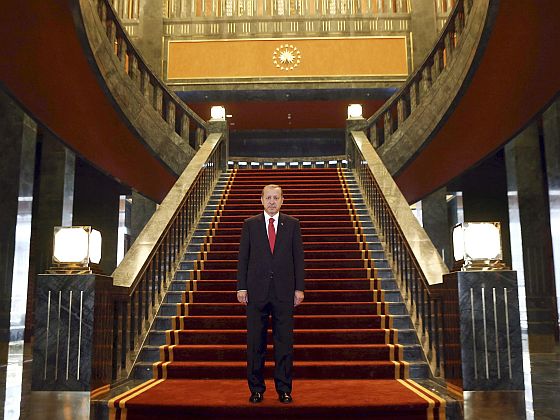
Anti-logging campaigner, Edwin Chota, was murdered in September.
A new report by Global Witness sheds light on what’s driving the high number of killings of environmental defenders in Peru, less than a month before the country hosts the UN climate talks in Lima. Peru’s Deadly Environment calls into question the commitments of Peru to protect its carbon-rich forests and the people who live in them, in light of unfettered illegal logging, disregard for indigenous land claims, and new laws that favour industrial exploitation over environmental protection.
The report comes on the heels of the killings of four indigenous leaders in Ucayali in September, including prominent anti-logging activist Edwin Chota and three of his fellow Ashéninka leaders from the Peruvian Amazon.
“The murders of Edwin Chota and his colleagues are tragic reminders of a paradox at work in the climate negotiations,” said Patrick Alley, Co-Founder of Global Witness. “While Peru’s government chairs negotiations on how to solve our climate crisis, it is failing to protect the people on the frontline of environmental protection. Environmental defenders embody the resolve we need to halt global warming. The message is clear, if you want to save the environment, then stop people killing environmental defenders.”
Peru is the fourth most dangerous country to be an environmental defender, behind Brazil, Honduras and the Philippines. At least 57 environmental and land defenders were killed in Peru between 2002 and the present day, more than 60% of them in the last four years, according to new Global Witness data. Most of these deaths involved disputes over land rights, mining and logging. 72% of Peru’s indigenous communities still have no way of demonstrating their land tenure rights, and over 20 million hectares of land claims have not yet been processed. [Continue reading…]



